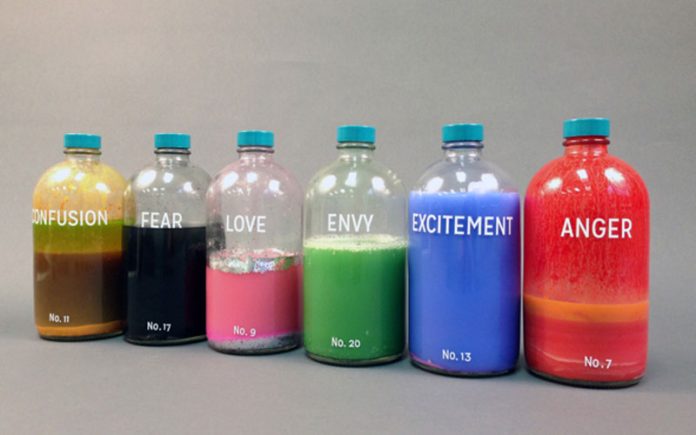Recovery is a delicate phase in addiction treatment. Patients feel lonely, sad, and stressed, which leads to relapse. When people refrain from sharing what they are feeling, the emotions can pile up and cause adverse effects on the mind and body. Always acknowledge and express your emotions to remain safe.
Navigate
Effects On Physical Appearances
When you keep with yourself a pressing issue, you develop stress, and the body produces cortisol hormones. In some cases, the body releases adrenaline and suppresses it, leading to weight loss. Stress may also lead to overeating, causing weight gain.
Inability To Express Emotions
If you keep suppressing your emotions, it will get difficult to express them. This is very dangerous in recovery because you may require help after a relapse. If you keep matters to yourself, you may not open up, which will likely drain you deeper into addiction. Learn to seek professional advice from The Process Recovery Center or check information online.
Increases Depression and Anxiety
It’s best to express negative or positive emotions during recovery. Allowing emotions to build up can lead to stress, anxiety, and fear.
Unnecessary Confrontations
People who bottle up emotions seem calm because they rarely argue or disagree. However, suppressing too many emotions can be harmful. It reaches a time you no longer take it anymore, and you explode with the slightest amount of provocation. Such reactions can lead to sadness, which may cause relapse.
Feeling Alone
People are social beings. During recovery, it’s essential to interact with sober people and peers. Through this, you gain a mechanism to cope with triggers and cravings. If you don’t share your feelings, you’ll feel isolated and lonely, and you may feel people don’t understand what you’re going through. At times, isolation can push your loved ones away.
Frequent Headaches
If you don’t have an underlying condition, regular headaches could imply you are struggling with emotions. This is usually accompanied by distractions and an inability to focus on daily activities.
Unhealthy Coping Mechanism
When you are very engulfed with emotions, it’s likely to relapse. When stressed, most people drink and smoke to avoid the inflow of emotions and thoughts.
Health Implications
In active addiction, your body is at risk of contracting cancer, high blood pressure, and heart disease. Bottled-up emotions during recovery can subject the body to mental issues and the risk of diabetes.
Issues With Digestion
Living with unresolved issues can cause problems with your digestive system, leading to diarrhea, constipation, or bloating. Too much stress slows down metabolism, causing many health problems.
Distracted Sleep
There are many benefits of sleep, and experts recommend 7-8 hours of uninterrupted sleep for adults. In active addiction and early recovery, it is likely to experience distracting sleep. The situation can be made worse by unresolved emotions leading to oversleeping, insomnia, and irregular sleep patterns.
Affects Social Relationships
Having good social relationships is essential for your well-being during recovery. However, if you bottle up your feelings, others may not know what you want, and they can stop caring for you. It is essential to join support groups to share your experiences and learn addiction recovery coping mechanisms.
Impacts Mental Health
Addiction recovery is not easy. The patient goes through a lot, and if they keep their issues to themselves, they may develop depression. Over time, the patient feels empty, angry and if the situation is not addressed, the feeling can turn suicidal.
During recovery, patients experience different issues mentally, physically, and emotionally. Keeping your emotions to yourself often feels safer, but it is not a good idea for recovery. You need to share your feelings and seek help when overwhelmed with cravings.










